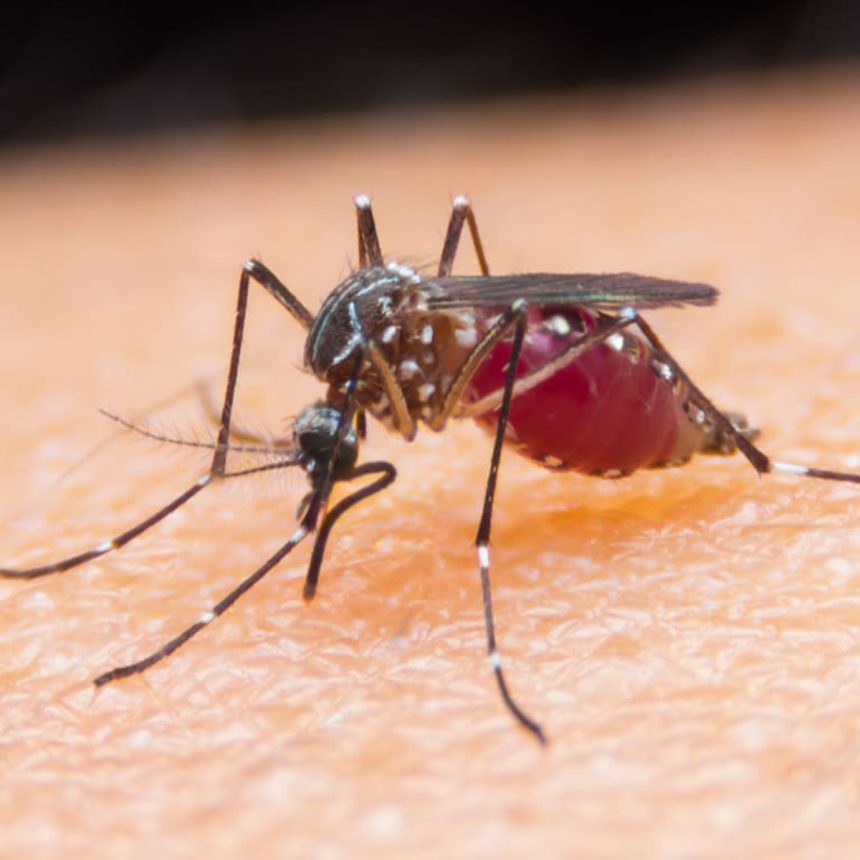Goodbye Malaria says African approach can eliminate malaria
Chief Executive Officer (CEO) of Goodbye Malaria, Sherwin Charles has said an African approach may be needed to eliminate malaria in the continent and prevent its spread to other regions.
He, however, stressed that tackling this global disease successfully, considering the long history with accounts of Egypt’s last Pharoah, Cleopatra, sleeping under a net would require a relentless multi-pronged attack, warning also that climate change is opening up the very real possibility that the disease will travel to other parts of the world.
Goodbye Malaria is an African-run initiative with the goal of eliminating malaria, a preventable disease that still kills a child every 1 minute. Founded by concerned African entrepreneurs including Robbie Brozin (Co-Founder of Nando’s), Goodbye Malaria believes that the current generation can create innovative solutions that ultimately change the way the world sees Africa.
The initiative facilitates public-private partnerships, bringing together the private sector, the governments of Mozambique, Eswatini, and South Africa as well as The Global Fund whilst supporting and catalysing on-the-ground malaria elimination programmes.

In a statement to mark the 2023 World Mosquito Day, the body’s CEO said success could be achieved using the community-focused approach that they have developed.
“We can succeed. Our community-centric approach builds capacity to implement community-led solutions, it educates those affected and encourages behavior change,” he said.
Speaking specifically about the focal nations of Goodbye Malaria, Charles is optimistic that, malaria could be eliminated if the continent implements ‘African solutions for African challenges.’
He said, “If we maintain or increase the resources we have now, we believe we can get South Africa, Eswatini, and Mozambique to zero. The two problems to solve are decreasing the number of deaths while also decreasing the number of infections.”
Make no mistake, it is a war that humanity is winning.
In the wake of mounting evidence suggesting a strong correlation between malaria incidence and changes in temperature, rainfall and humidity, the World Health Organization and World Meteorological Organization have identified malaria as among the most climate-sensitive diseases.
For more than a decade, the social benefit organisation, Goodbye Malaria has been at the frontline of the ongoing battle to eradicate the mosquito that carries this disease.
In the communities where it has operated for more than two years, Goodbye Malaria has reduced the prevalence of malaria by half and Charles says they are on track to get that to zero by 2030, in line with the United Nations Sustainable Development Goals.
Already he said Eswatini only has a few hundred cases a year, South Africa a few thousand, while unfortunately Mozambique still has the third highest global number of cases a year – about 12 million. This is considered a very large number, considering that the population is just double that.





